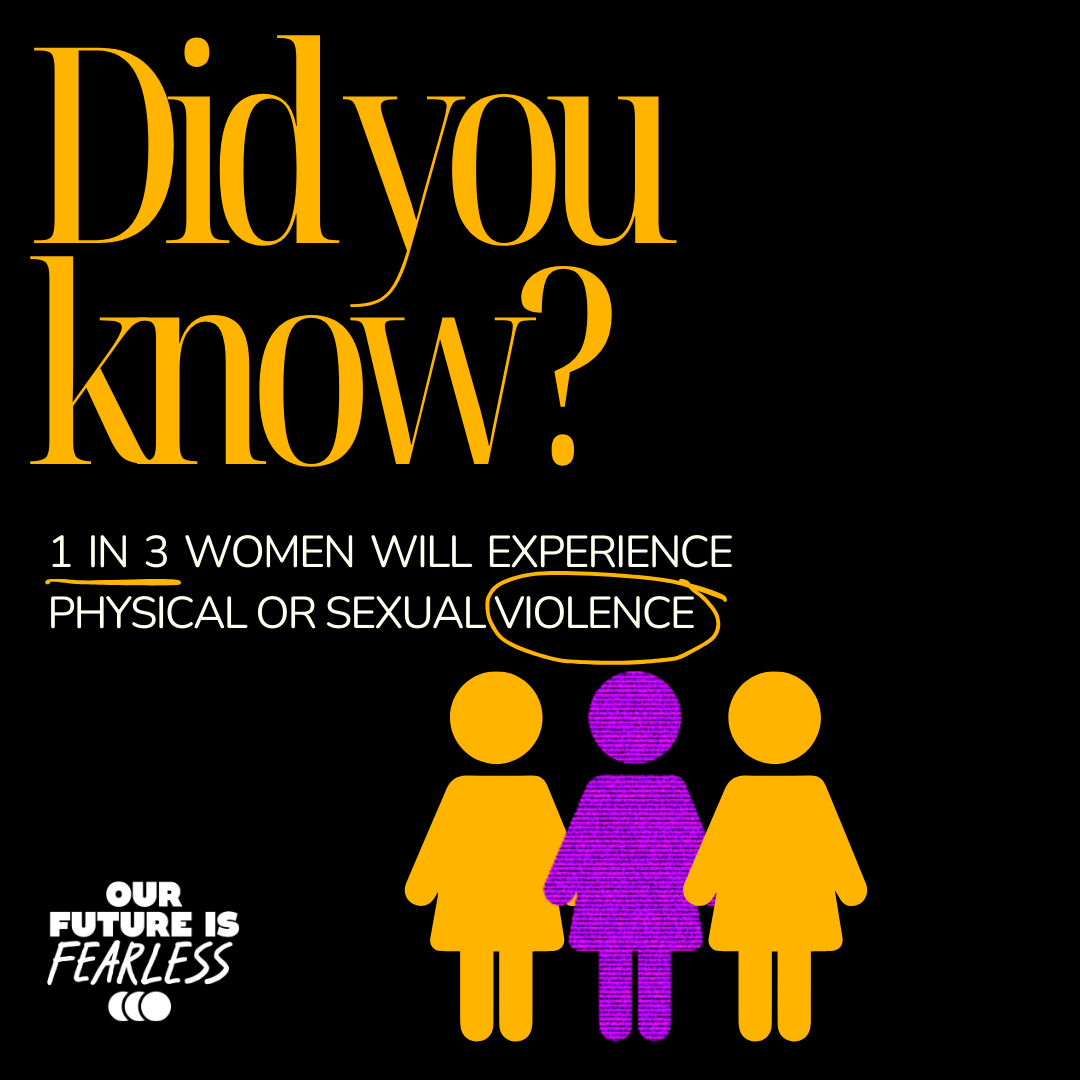The Accelerator for Gender-Based Violence Prevention Open Letter 2024
A Fearless Future is Possible: An Open Letter for Increased Government Support to End Gender-Based Violence


Gender-based violence (GBV) is one of the most complex and widespread issues of our time. The causes vary, from how we’re raised to understand gender roles, to the unfortunate normalization of violence as a part of life. As governments, civil society organizations, experts and activists from around the world convene for the United Nations Commission on the Status of Women, it’s important to remember that ending gender-based violence is required to achieve full gender equality, helping create an inclusive and just world for all — including women, girls and gender-expansive people. The good news is that GBV can be eradicated in a matter of years, not lifetimes with the right resources going to the right, evidence-based GBV prevention approaches.
2024 is a pivotal year for global democracy and the fight against GBV. With more than 60 countries—approximately 4 billion people—participating in local, regional, and national elections, reinstated and transitioning governments must meet the moment and drive action through increased financial commitment to GBV prevention. We call upon incoming and reinstated political leaders and policymakers globally to prioritize the allocation of funds for GBV prevention in their first 100 days in office.
An estimated 736 million women—1 in 3 women—have experienced violence in their lifetime, with most perpetrated by current or former husbands or intimate partners, yet only a small fraction of the world’s governments directly fund prevention work in their national policies and only 27 countries track and have dedicated budgets for gender equality and women’s empowerment. Ending GBV requires focused programs and policies that prevent violence before it begins. Through years of collective research and practice, we’ve learned that financial investments toward the implementation of strategies that shift cultural norms, empower individuals, mobilize communities, and transform the social and structural factors that underpin violence are proven to effectively prevent gender-based violence. The United Nations’ RESPECT framework, which outlines actions for policymakers that strengthen and scale up GBV prevention, advocates for comprehensive strategies that address its root causes and promote a culture of respect and equality. This includes legislative and policy reforms to ensure the legal protection of and services for survivors, educational initiatives aimed at transforming harmful beliefs about gender, as well as the social, economic, psychological and political empowerment of women. These initiatives have a multiplier effect in communities and can lead to transformational, long-term change across whole populations.
For example, Ecuador’s University Feminist Coalition presented the country’s inaugural bill to prevent and eliminate violence against women in higher education to the National Assembly in March 2023. The proposed legislation, aiming to reform existing laws, has the power to impact the 50,000 young women currently pursuing university degrees.
In Canada, the primary risk group for sexual violence comprises women, girls, and gender diverse people. Indigenous women face a significantly higher risk and are 2.5 times more likely to experience sexual assault compared to non-Indigenous women. To address this issue, the province of Manitoba collaborated with Ka Ni Kanichihk in 2014 to establish Heart Medicine, the country’s first Indigenous-led support service focusing on trauma, cultural identity, empowerment, and strengths of Indigenous women affected by sexual violence. In 2018, 68 indigenous women benefited from these culturally-based services, and the program has continued to expand since.
In Ireland, the newly introduced Third National Strategy on Domestic, Sexual and Gender-Based Violence (DSGBV) aims to elevate and amplify the voices of those affected by GBV and engage women-centered and women-led grassroots organizations, giving them more opportunities to influence policy, practice and shifting power towards them. Not only does the strategy itself uphold intersectional values, but its creation was predicated on bringing in a diverse set of voices.
Effective GBV prevention requires long-term, sustained financial commitment from national governments that will support and advance transformative change across countries and regions. We, the undersigned organizations and advocates, call upon governments globally to prioritize women, girls, and gender-expansive people through increased GBV prevention funding in 2024, and subsequently thereafter. We are asking national governments to not only allocate funding for evidence-based, practice-informed GBV prevention initiatives delivered through existing systems and civil society, but also for evidence building, and capacity strengthening of institutions and government officials to be able to develop GBV programmes and utilize the funds appropriately. By 2026, we aim for at least 50% of all countries to commit to this initiative through dedicated budget lines, whether independently or in conjunction with international aid efforts and inline with the targets of the Action Coalition on GBV and Generation Equality.
We invite organizations large and small, global and local to sign this open letter in solidarity. Likewise, for individual supporters – women, girls, gender-expansive people, men, boys, and all allies – we ask that you join us in holding our governments accountable by actively participating in the electoral process and helping amplify this message.
By taking concrete and measured action against GBV through designated financial commitments, governments have an opportunity to stand up for their citizens and make a statement that GBV will not be tolerated. Together, we can spark a transformative movement that shapes political agendas globally and advances policy decisions that prioritize GBV prevention efforts. Together, we can build a fearless future – a world of equity and justice for all, free from violence.
View a full list of our signatories here
Access the full open letter here
Looking to sign on and join our call to action? Fill out this form and we will be in touch!
Hoping to amplify this message? Our comprehensive social media toolkit guides how best to share the messaging in this letter, and can be found here